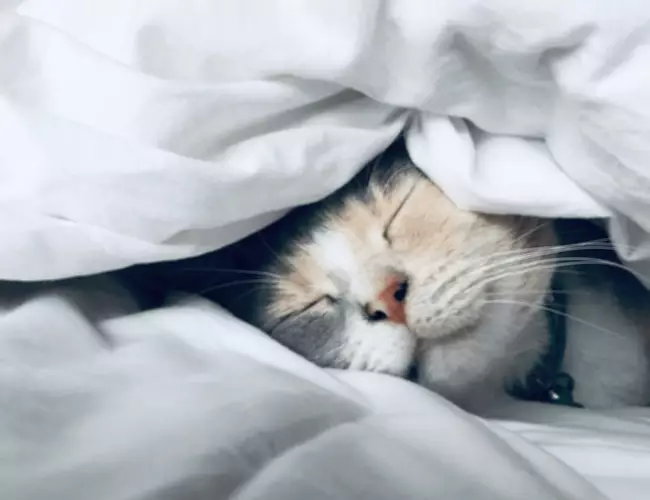
When you spend half your life drunk and the other half hungover, a lot of stuff starts to slip through the cracks. If you continually try not to drink and drink anyway, that’s a pretty big sign that you’re not in control of your drinking. From what I’ve found out in sobriety, regular blackouts are actually not normal, and are in fact one of the major symptoms of alcoholism. The fact that I wasn’t murdered or accidentally killed during my drinking days is pure luck.
Recognizing alcohol overdose
Oh, and constantly losing your belongings is a bad sign too. I must have gone through three to five phones a year in the worst of my drinking days. You find ways to just live with your problems instead of taking basic steps to fix them. You’re too focused on drinking to really care or notice the details that other people call “real life.” A recovering alcoholic I know once told me that she didn’t have curtains on the windows in her bedroom, so she slept in her closet for a year. That’s amazing alcoholic unmanageability right there — when you’re perpetually in a drunken fog or recovering from one, your brain doesn’t work that well.
Stage 7: Death
Each time I screwed up, I blamed it on something like “drinking on an empty Halfway house stomach” or “drinking while on medication,” but these incidents and others began to prove to me that the problem was alcohol itself. When I showed up at his door after drinking and using a certain stimulating drug for two days straight, he immediately told me we weren’t going anywhere, gave me some Nyquil, and put me to bed. Not only did I disappoint someone I loved, I missed seeing my favorite band play, a show I’d been looking forward to for months. I don’t remember that much about how I acted while I was drinking because of all those ~blackouts~ I mentioned before. But from the reports I sometimes got the next day, it’s probably for the best that I don’t remember.
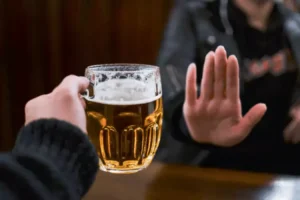
What About the Message That a Glass of Wine a Day Is Healthy?
- The brain contains specific circuits, which connect parts of the prefrontal cortex, amygdala and temporal parietal junction, that handle our social cognitive abilities.
- Its authors explain that people may judge the severity of their intoxication based on how drunk people around them are, which distorts their perceptions in environments where most people are drunk.
- Individuals who experience trauma, or who are more prone to depression or anxiety, are more likely to report drinking to cope.
- But food coma is ten times as worse than usual because you are wasted.
January 6 marked my seventh year of sobriety from drugs and alcohol. “I think every individual is responsible for their behaviour. We have free will. We are responsible for the amount of alcohol we consume,” he said. “In that, with some people, one drink is enough to lead to another and another. “If that’s not functioning very well, then it makes it difficult for people to regulate their behaviour. It starts with feeling chirpy, progresses into extravagant abandon, and then suddenly a candid video involving a couch, rebuffed sexual attempts and a golden brown dog emerge on social media.
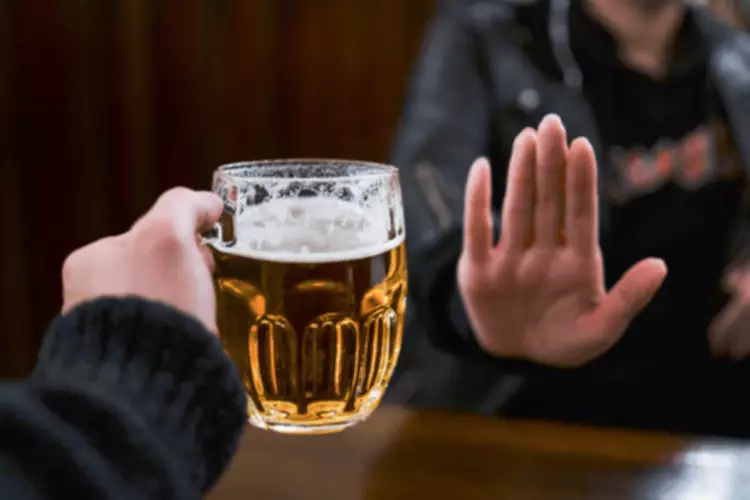
Being high can sometimes fill the body with energy for dancing, but not necessarily the desire to be social. Sometimes the marijuana experience is very pensive, at other times it is extremely outgoing. So, we think we’ve figured it out — how to explain what it feels like to be high on weed that is. It’s less like explaining exactly the sensation of smoking weed, and more like telling you a bit about what the weather will be like when you get there.
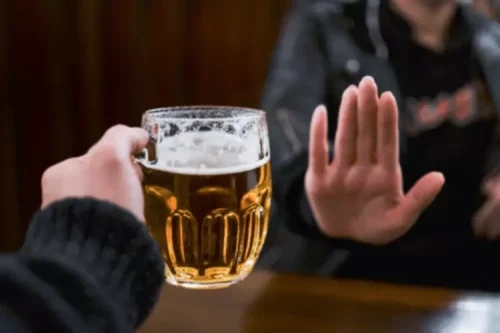
People with alcohol use disorder may not feel drunk at all, even when their BAC is very high. For most people, a single drink — for example, 1.5 ounces (oz) of hard liquor, 12 oz of beer, or 5 oz of wine — will elevate blood alcohol by 0.06 or 0.07 per drink. Usually a man will start to feel tipsy after consuming 2 to 3 alcoholic drinks in an hour. A woman will feel tipsy after consuming 1 to 2 alcoholic drinks in an hour. As you drink, alcohol goes into your bloodstream and affects your brain and body functions. When you drink a lot, your body and brain functions slow down considerably.
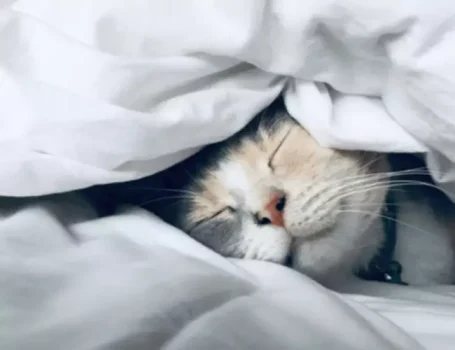
People who drink to cope are more likely to develop an alcohol use disorder.
But in a moment, whether it is triggered by the sound of one of your friends or by music, your attention is brought back to the physical world. The subtle presence of alcohol speaks to how drinking becomes part of striving for acceptance, filling emotional voids. For psychologists, this underscores the deeper layers behind drinking behaviors—the need for connection, coping, and relief from isolation. Alcohol is a drug, one of the three most commonly used in the world, along with nicotine and caffeine. When we drink, the alcohol binds to a specific type of receptor in the brain and boosts the activity of a natural brain chemical called GABA.
- Oh, and constantly losing your belongings is a bad sign too.
- Next time you have a drink, think about why you are choosing to do so.
- Advertisements are also a significant source of children’s positive alcohol expectancies, since watching adults drinking and having fun promotes the positive effects of alcohol for kids.
- It’s the sensation of giving too many shits about everything, causing a sense of anxiety, mistrust or paranoia.
- It isn’t simply just having visions of colours or hallucinations (which is possible, but not necessary on weed).
- It helps to be familiar with the signs of being drunk so you know what to expect, when to stop it, and when to get help.
- This January, as millions embrace Dry January, it’s an opportunity to reflect on not just our habits but the emotions they’re tied to.
- You find ways to just live with your problems instead of taking basic steps to fix them.
- This research stream is limited by the fact we really only know about the drinking motives of those in their teens and early 20s.
- The first two are considered negative drinking motives and relate to winding down—using alcohol to “deal with it,” whatever “it” is for you.
- Adult partners may perform a ritual of a cocktail while they sit down together to discuss the day.
Adult partners may perform a ritual of i like being drunk a cocktail while they sit down together to discuss the day. Or friends may meet up without any clear agenda except to drink wine and talk. Choosing ice water or soda during these gatherings may create conflict with our friend or partner, who perhaps feels judged for their own use.
